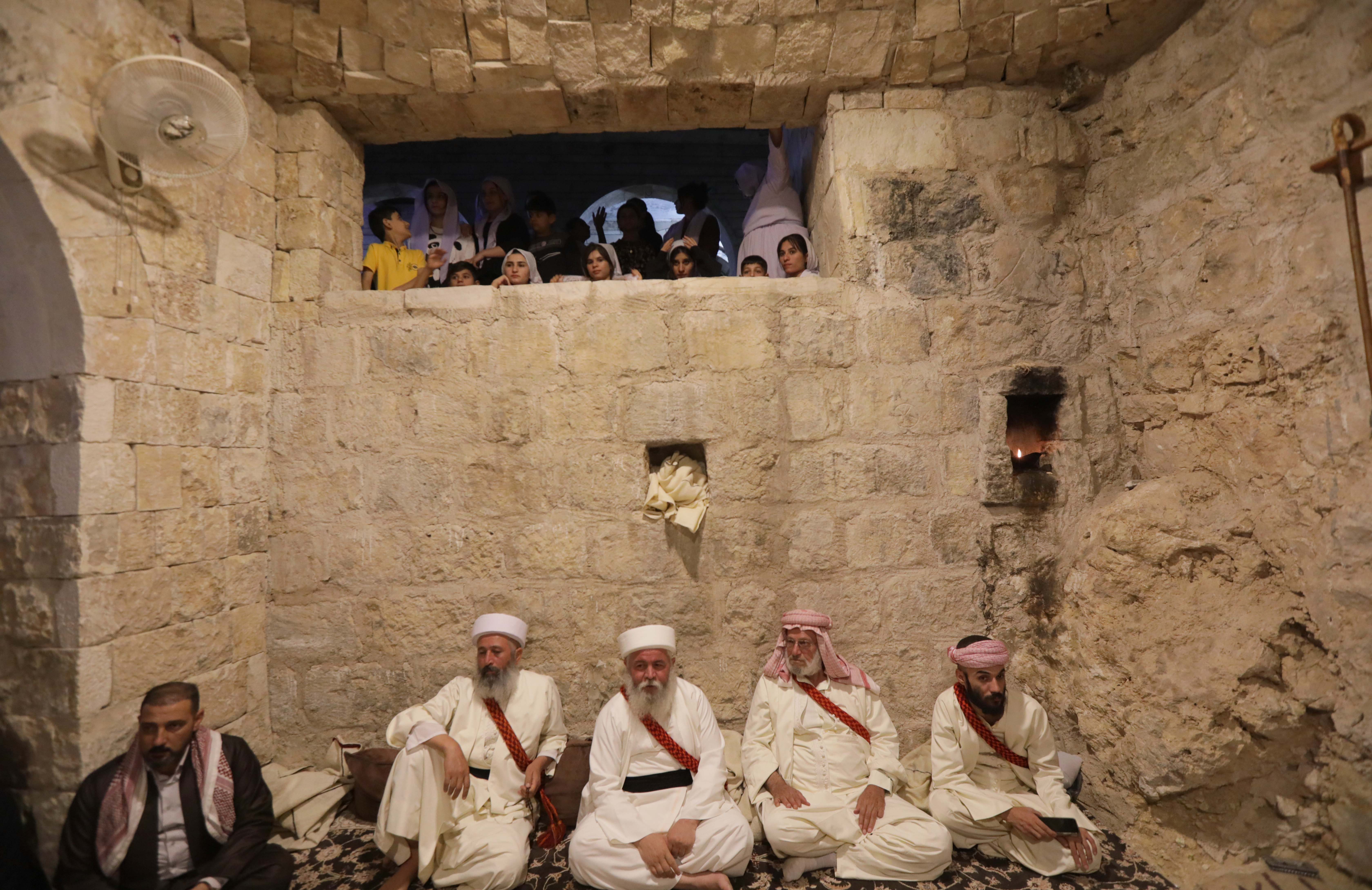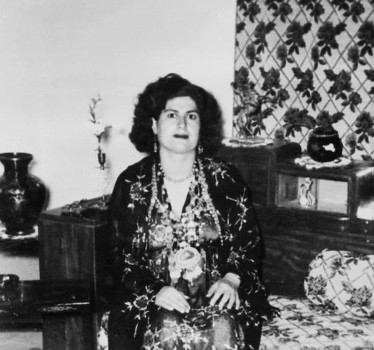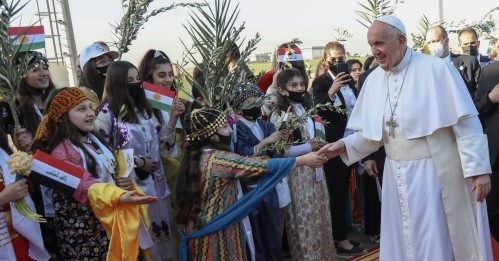On August 3 of every year, the Yezidi Kurdish community commemorates a tragic chapter in its history – the genocide perpetrated against them by the Islamic State of Iraq and Syria (ISIS). The atrocities committed during this dark period include the abduction and enslavement of Yezidi women, the destruction of villages around Sinjar, and the loss of countless lives. This remembrance underscores both the resilience of the Yezidi people and the importance of preventing such heinous acts from occurring
Who are the Yezidis?
The Yezidi Kurds are a religious group primarily concentrated in northern Iraq and parts of Syria and Turkey, with smaller numbers in Armenia and Georgia. Many Yezidis are also in the diaspora, mainly in Europe and Russia. The Yezidis speak Kurdish and have a distinct religious belief system that incorporates elements from various faiths, including Zoroastrianism, Islam, and Christianity, as well as ancient traditions and indigenous beliefs.
Their faith revolves around the veneration of a single deity and incorporates a reverence for angels and a figure known as Melek Taus (the Peacock Angel). This unique blend of beliefs has often led to misconceptions about their religion.
Historically, the Yezidis have faced persecution due to their unique religious practices and ethnic identity. They have been subjected to various forms of discrimination, including forced conversions, violence, and displacement.
Despite these challenges, the Yezidi Kurds remain a resilient and tightly-knit community, deeply committed to their cultural heritage and religious traditions. They continue to work toward preserving their identity, seeking justice for past atrocities, and creating a better future for their people.

A genocide unfolds
In August 2014, ISIS launched a brutal assault on the Yezidi Kurdish community living in the Sinjar region of northern Iraq. The militants targeted Yezidis because of their unique faith, and, in the span of a few days, ISIS fighters overran Yezidi villages, causing chaos, death, and destruction on an unimaginable scale.
One of the most harrowing aspects of the Yezidi genocide was the systematic abduction and enslavement of Yezidi women and girls. Reports indicate that thousands of women were taken captive, forced into sexual slavery, and subjected to unimaginable physical and psychological abuse. Many were sold, traded, or passed among ISIS fighters as if they were commodities. The international community was appalled by these acts of brutality, which highlighted the urgency to address gender-based violence in conflict zones.
As ISIS swept through Yezidi villages, their destructive rampage left communities in ruins. Homes were burned, religious sites desecrated, and livelihoods destroyed. Entire families were displaced, leaving behind a legacy of pain and trauma. The destruction of these villages not only erased physical structures but also severed the cultural and historical ties that the Yezidi people had to their land.
Never forget, never again
Despite the unimaginable horrors they endured, Yezidi survivors have shown remarkable fortitude. Many have worked tirelessly to raise awareness about the genocide, seeking justice for their community and advocating for the recognition of the crimes committed against them. Organizations and individuals around the world have supported their efforts, acknowledging the need to honor the memory of the victims and prevent such atrocities from happening again.
The international community responded with outrage to the Yezidi genocide, recognizing the urgent need to hold the perpetrators accountable. In 2016, the UN established an investigative team to collect evidence of ISIS crimes in Iraq, including those committed against the Yezidi community. Efforts are ongoing to bring the responsible individuals to justice and ensure that the victims receive the support they need to rebuild their lives. In a significant move, in 2023 the UK government officially labeled the horrific acts perpetrated against the Yezidi Kurdish community as genocide. This recognition holds the potential to facilitate international efforts toward accountability and justice.
The annual commemoration of the Yezidi genocide on August 3 served as a stark reminder that the world must remain vigilant against hatred, extremism, and the violation of human rights. Meanwhile, the Yezidi Kurdish community's determination to remember their history, seek justice, and rebuild their lives has been remarkable. As we reflect on this tragic chapter in history, let us renew our commitment to preventing such atrocities and creating a world where every individual can live free from fear and oppression.
Dr. Samal Erfani
is an accomplished anthropologist and dedicated researcher, based in the Kurdistan Region. Her primary focus lies in the fields of anthropology and the strategic planning of development projects.

